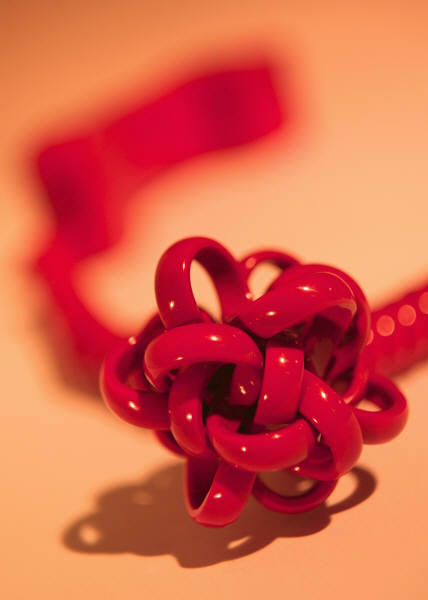 |
Operation Emotion now employs a specialist
Addictions Counsellor. If you wish to make an
appointment please call, 01752 509605 or
email a counsellor direct by clicking here. When we talk about "Drug
Abuse" this includes the use of illegal substances like heroin,
cannabis, cocaine, ecstasy and other such substances, but
also includes the abuse of prescription drugs like
tranquillisers, sleeping pills etc. - and alcohol.
Our Addictions Counsellor can also help people with "behavioural
addictions", such as eating disorders and OCD.
Click here for
some frequently asked questions.
Operation Emotion tries to
deal with the primary problems that lead to survivors being
driven to Abuse Drugs.
Many survivors
use drugs to block out painful and traumatic memories.
We are here to help you through every stage of your recovery,
but to attend group sessions you must have any addictions under
control. If you feel you do not, we will not abandon you -
we may have other services more suitable for you and we will
certainly strive to get you the most appropriate assistance.
No-one is permitted to attend sessions if under the influence of
alcohol/drugs, including certain prescribed medications.
Remember you
can always mention any difficulties you have to your GP, at your
own Doctors Surgery.
Your GP is there to help you, not criticise or judge you. Your
own GP should refer you to either, their own special clinic run
within the surgery or
to the local addiction specialist for an assessment and a
treatment plan.
If you're unable to get help from your GP, you can change your
doctor to one who is more comfortable dealing with addictions
The
following organisations can help you with addictions.
Whether you decide to use our service or access help elsewhere,
this is sometimes necessary as the first step on the road to recovery.
If you are at all unsure of what stage of recovery you are at or
are worried that a service may not be suitable for you, please
contact our
counsellor who will be able to advise you.
If at
anytime the links on this site are not suitable or have recently
become unavailable, please let us know by sending an
email to us here.
| Organisation |
 Telephone
Number Telephone
Number |
Other
Information |
| The Harbour
Centre |
01752 314265 |
9 - 10 Ermington
Terrace, Mutley. Please contact the centre before you visit to
check suitability. |
|
Broadreach House |
01752 790000 |
From initial
detox through to rehabilitation, education and training, Broadreach
provides everything that is required to enable lasting success |
| Trevi House |
01752 255758 |
A referral pack
is sent on request. On completion of the referral pack, the
prospective client is invited to Trevi for a formal assessment. |
| Addaction |
http://www.addaction.org.uk |
Addaction
develops innovative and creative solutions to help individuals and
communities manage the effects of drug and alcohol misuse. |
| The Centre for
Recovery |
www.recovery.org.uk |
This charitable
site provides comprehensive information and advice about drug and
alcohol abuse. |
How do you know if you have a drink problem?
You may be developing
alcohol dependence if you:
- need a drink
every day
- drink alone
often.
- need a drink to
stop trembling (the shakes).
- drink early, or
first thing in the morning (to avoid withdrawal
symptoms)
- often have a
strong desire to drink alcohol
- spend a lot of
you time in activities where alcohol is available. For
example, if you spend a lot of time at the social club
or pub
- neglect other
interests or pleasures because of alcohol drinking.
If you are alcohol
dependent you are usually 'tolerant' to the effect of
alcohol. This means that you need more alcohol to notice any
effects and to become drunk. This can make things worse as
it tends to make you drink even more.
If you are alcohol
dependent you may get drunk regularly. However, you may not
get drunk. You may drink small amounts regularly to keep the
withdrawal symptoms away. You may then be able to 'hide'
your problem from others.
Click here for more advice.
|
 |

